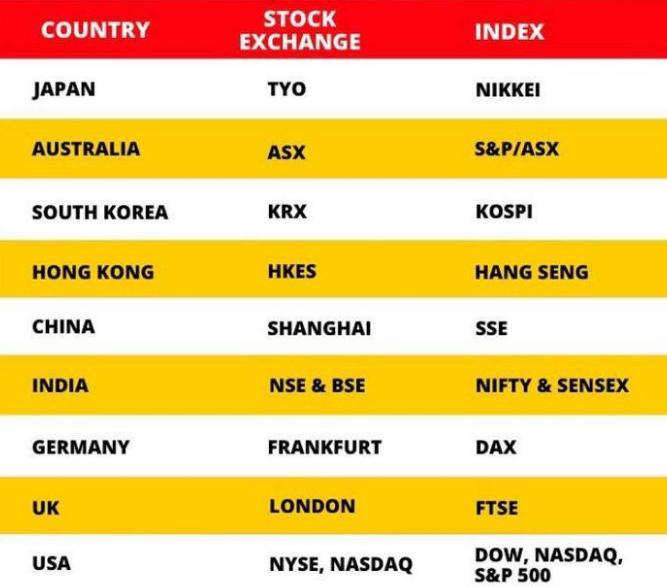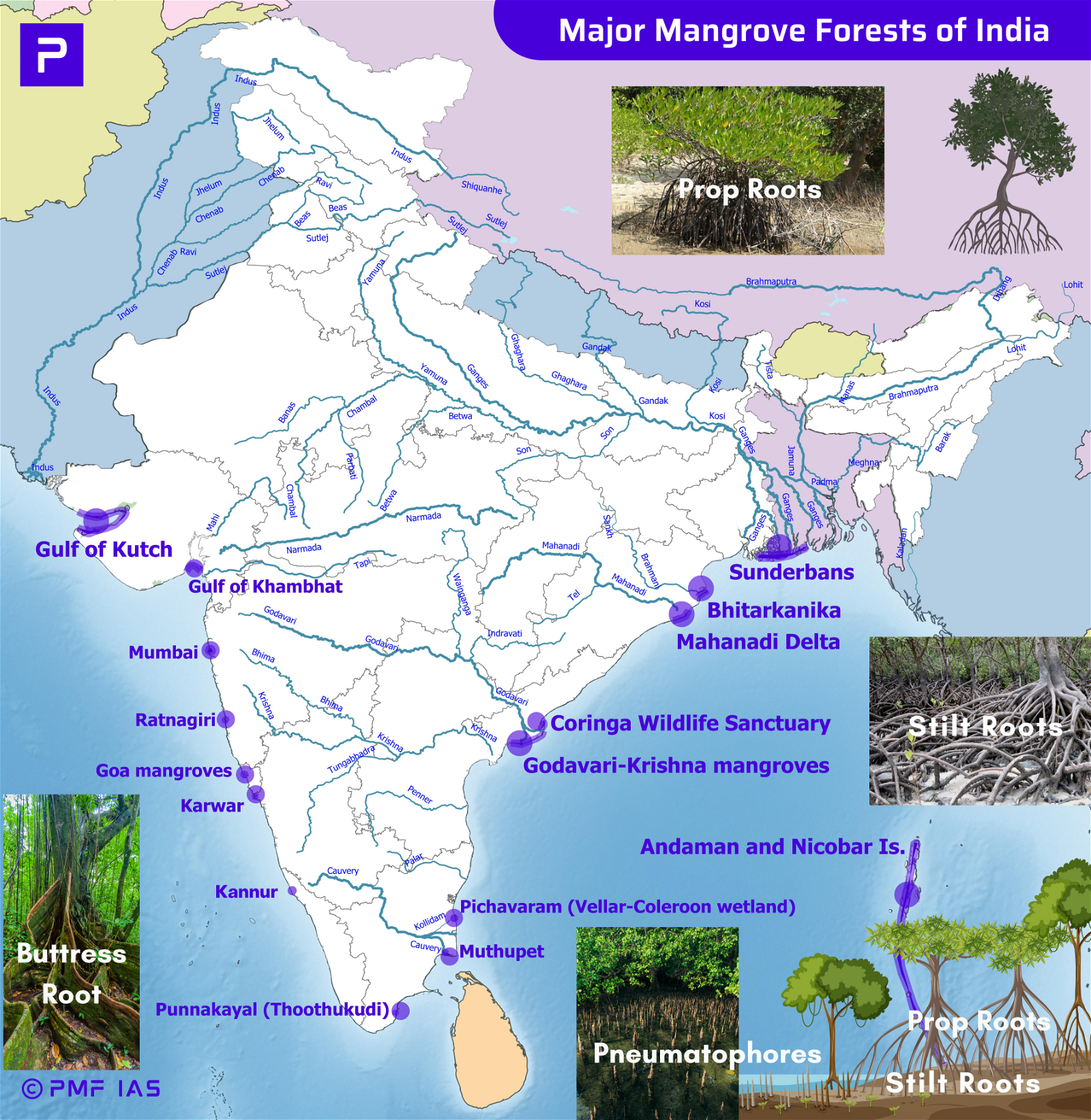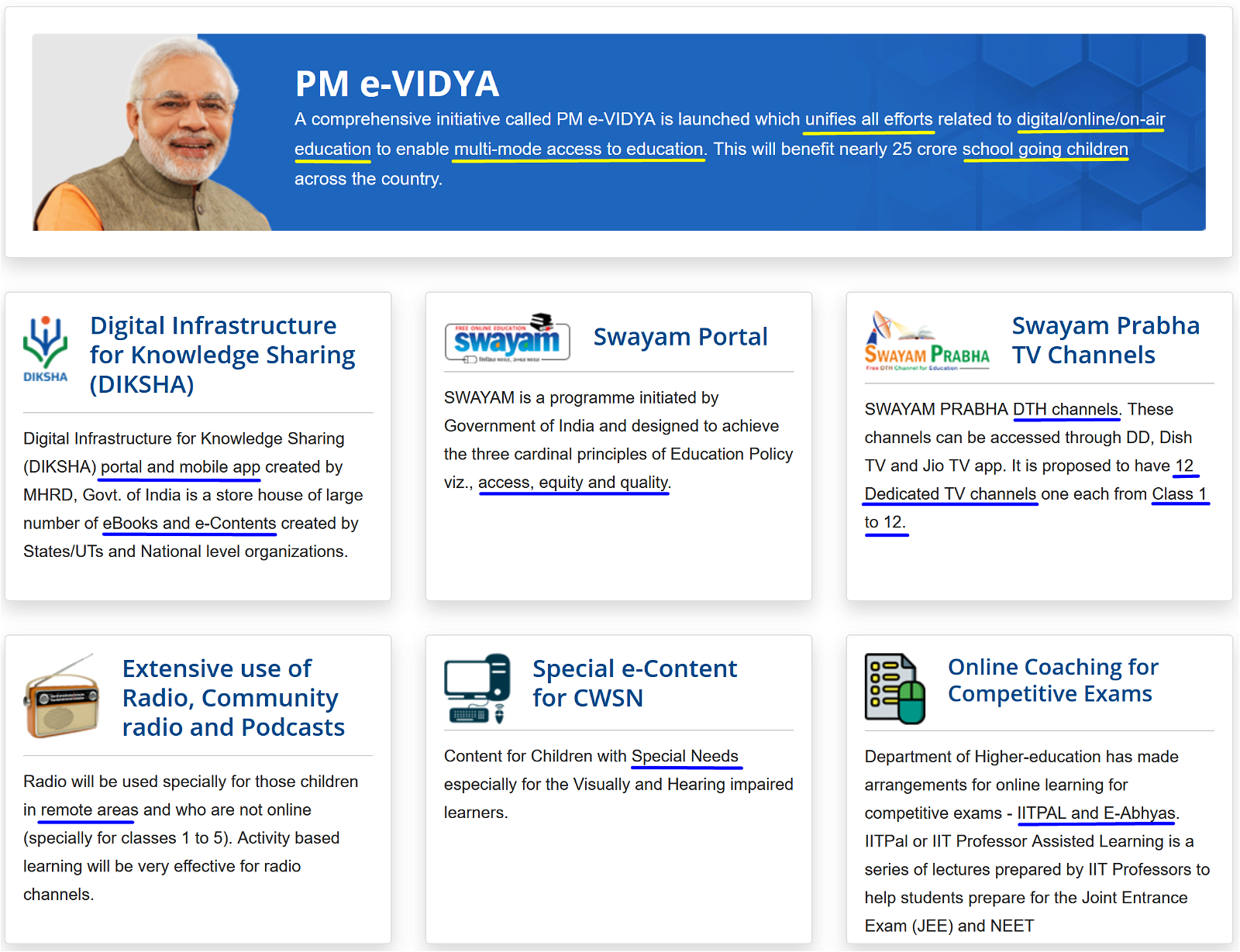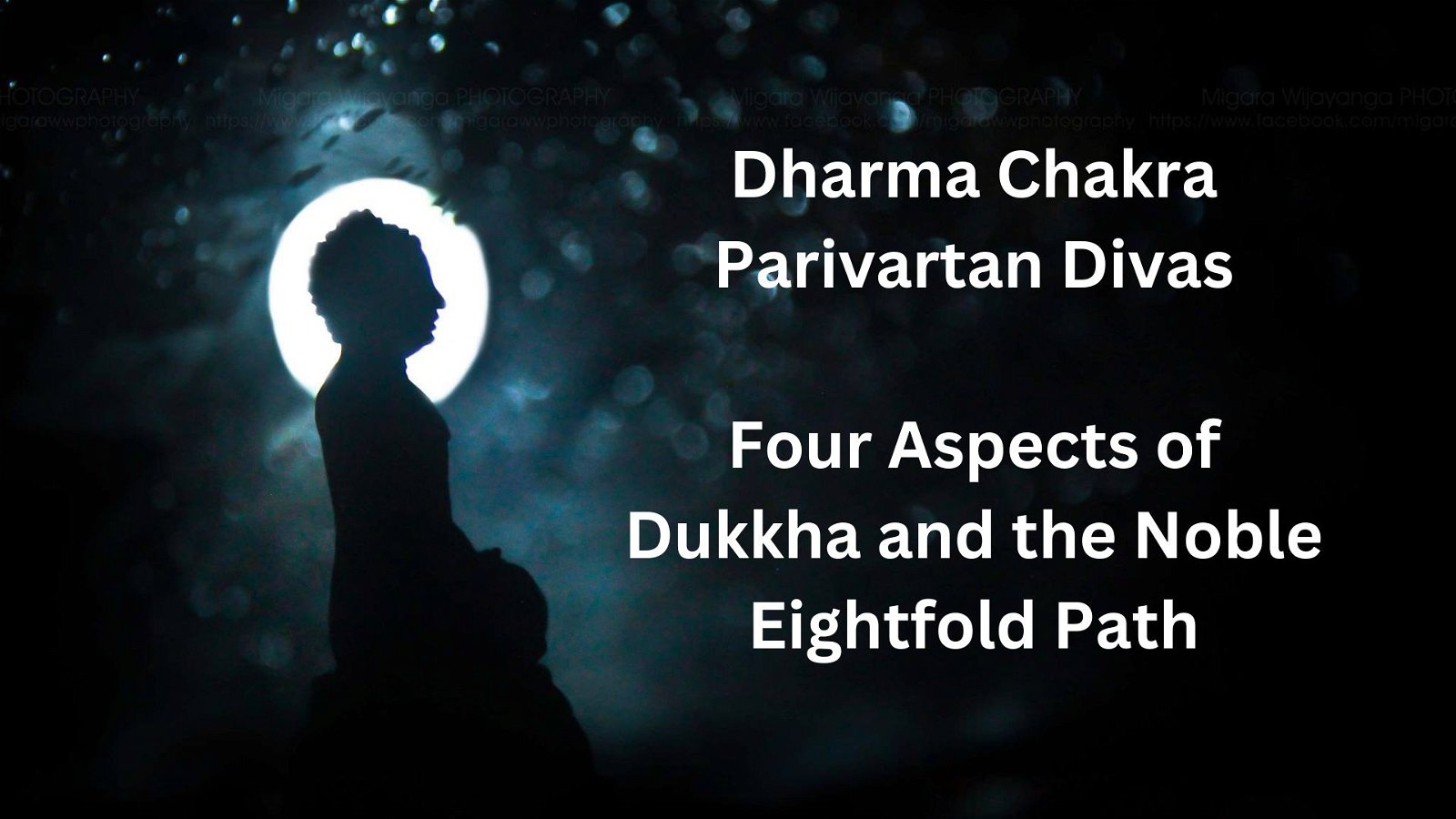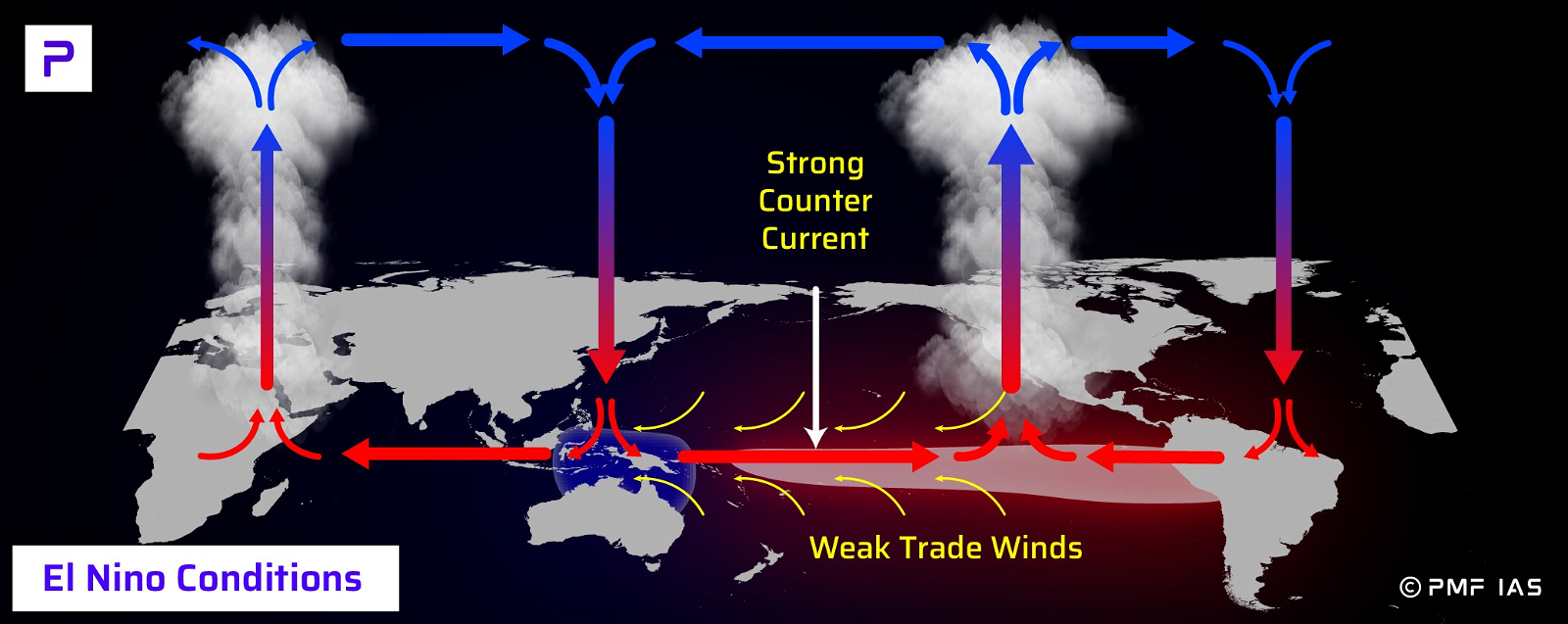
Section 69A & Section 66(A) of the Information Technology (IT) Act
Subscribe to Never Miss an Important Update! Assured Discounts on New Products!
Must Join PMF IAS Telegram Channel & PMF IAS History Telegram Channel
Section 69A & Section 66(A) of the IT Act
- Context (TH): The High Court of Karnataka dismissed a petition filed by Twitter, challenging several blocking orders by the Ministry of Electronics and Information Technology.
- Earlier, under section 69A of the IT Act, the Centre had directed Twitter to block several accounts, tweets, URLs, and hashtags.
Information Technology (IT) Act, 2000
- The IT Act, 2000, provides for legal recognition of transactions through electronic communication.
- The Act also penalises various forms of cybercrime.
Section 69A of the IT Act
- Section 69 of the IT Act allows the government to issue content-blocking orders to online intermediaries such as ISPs, telecom service providers, search engines, online marketplaces, etc.
- However, the Section requires the information or content being blocked to be deemed a threat to India’s national security, sovereignty, or public order.
- In such blocking order, the central or state government should mention reasons in writing.
- The PIL filed by Shreya Singhal in 2012 challenged Section 69A.
- The SC held Section 69A to be “constitutionally valid”, emphasising that an adequate level of procedural safeguards had been incorporated, which are:
- The requirement to issue a well-reasoned order.
- Providing notice to both the intermediary and the originator of the content targeted for blocking.
Section 66(A) of the IT Act
- Section 66(A) penalised the sending of offensive messages through a communication device.
- Recently, incidents related to comments, sharing of information, or thoughts expressed by an individual to a broader audience on the internet have attracted criminal penalties under Section 66(A).
- This has led to discussion and debate on the ambit of the Section and its applicability to such actions.
- In 2012, PIL was filed by Shreya Singhal, challenging the constitutionality of Section 66A of the IT Act.
- The SC, in Shreya Singhal vs Union of India (2015), declared Section 66A unconstitutional (on the grounds of violating the freedom of speech guaranteed under Article 19(1)(a) of IC).
IT Rules, 2009
- The Information Technology (Procedure and Safeguards for Blocking for Access of Information by Public) Rules, 2009 outline the procedure for blocking orders.
Grounds on which Section 69A can be applied
- Safeguarding the sovereignty, integrity, and defence of India,
- Maintaining the security of the State,
- Promoting friendly relations with foreign States,
- Ensuring public order,
- Preventing incitement to commit any offence related to the grounds above.
|





![PMF IAS Environment for UPSC 2022-23 [paperback] PMF IAS [Nov 30, 2021]…](https://pmfias.b-cdn.net/wp-content/uploads/2024/04/pmfiasenvironmentforupsc2022-23paperbackpmfiasnov302021.jpg)
